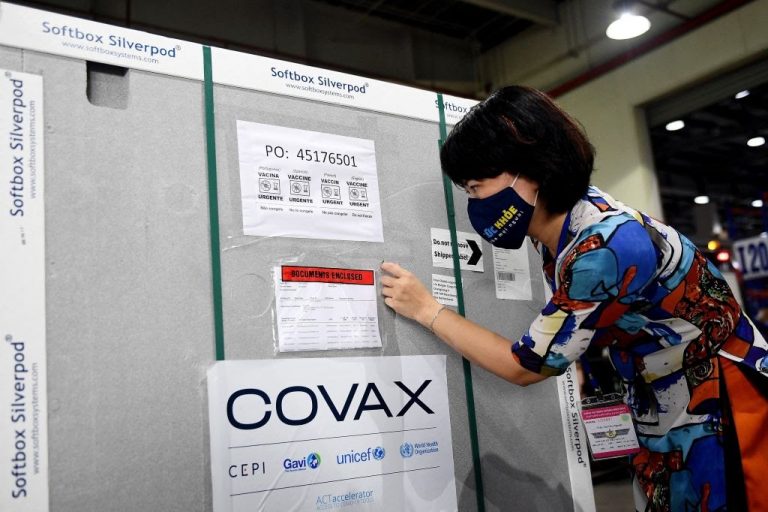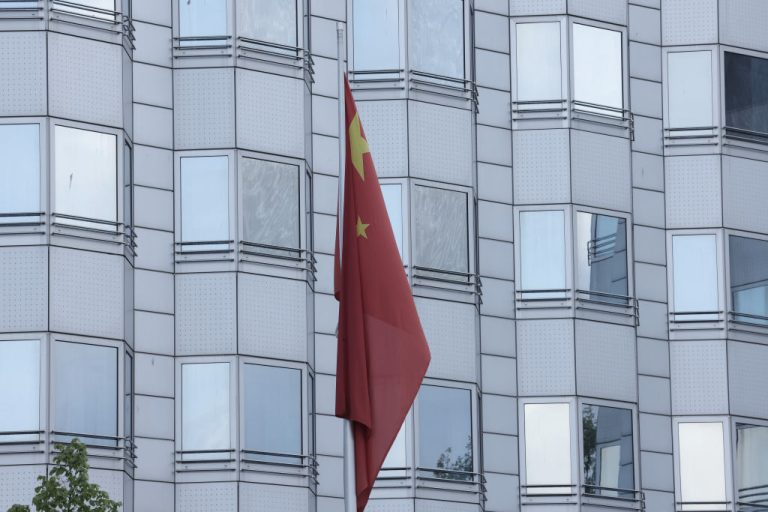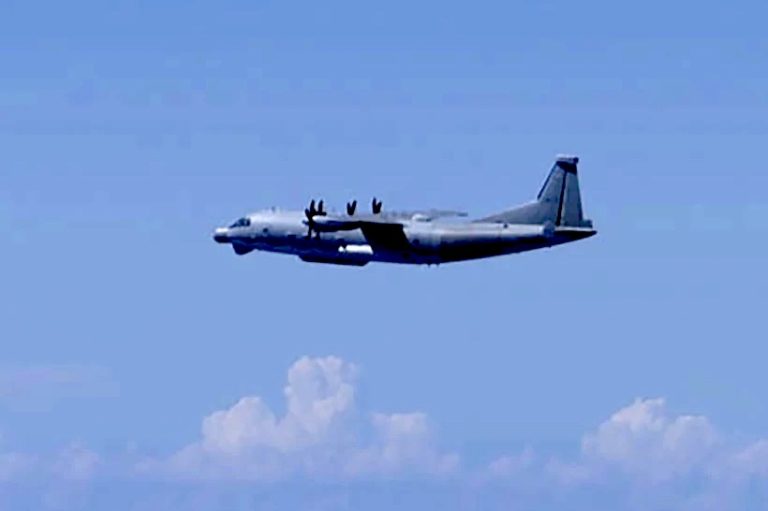An international vaccine diplomacy effort coordinated by the World Health Organization and the Coalition for Economic Preparedness Innovations (CEPI) announced it would purchase an immediate 110 million doses of COVID-19 vaccines from Chinese companies Sinovac and Sinopharm, with an option to purchase several hundred million more between Q4 and the midpoint of 2022.
According to a June 12 press release by Gavi, the Vaccine Alliance, purchaser for the WHO’s COVAX program, the consortium would purchase 60 million doses from Sinopharm and 50 million doses from Sinovac available immediately and through September and October.
The contracts also provide COVAX with the option to purchase an additional 110 million vials from Sinopharm through Q4 2021 and the first half of 2022, and an additional 330 million vials from Sinovac in the same time period.
Both Sinopharm and Sinovac’s vaccine variants are classical inactivated virus vaccines compared to the new and experimental messenger RNA and DNA-based adenovirus vector vaccines created by Moderna, Pfizer-BioNTech, AstraZeneca, and Johnson & Johnson.
COVAX describes itself as the vaccine pillar of the “three pillars” of the Access to COVID-19 Tools Accelerator (ACT), which was launched in April of 2020. ACT is spearheaded by Gavi, the WHO, the CEPI, and the Bill and Melinda Gates Foundation.
Success
You are now signed up for our newsletter
Success
Check your email to complete sign up
ACT describes its intended purposes as to “Implement, alongside evidence-based public health measures, innovative diagnostics, therapeutics and vaccines at record speed and at record scale in a bid to defeat COVID-19,” on the basis that “as long as COVID-19 threatens any country, the entire world is at risk.”
COVAX works as a sort of nation-level crowdfunding scheme for vaccine development and distribution with a goal to distribute 2 billion doses worldwide by the end of the year.
“For lower-income funded nations, who would otherwise be unable to afford these vaccines, as well as a number of higher-income self-financing countries that have no bilateral deals with manufacturers, COVAX is quite literally a lifeline and the only viable way in which their citizens will get access to COVID-19 vaccines,” the COVAX website reads.
In addition to the Chinese offerings, COVAX also distributes nine other flavors: AstraZeneca/Oxford, Clover, Johnson & Johnson, Moderna, Novavax, Pfizer-BioNTech, Sanofi/GSK, SII-Covishield, and SII-Covovax.
Both Sinovac and Sinopharm’s vaccines have been approved by the WHO under an emergency use listing.
One of COVAX’s clients, St. Vincent and the Grenadines, achieved notoriety in April when residents of the islands were forbidden from being evacuated during the eruption of the La Soufriere volcano unless they accepted one of COVAX’s newly donated AstraZeneca injections.
The Chinese vaccines come with their share of safety concerns. In June, data appeared to show countries that had administered primarily made-in-China vaccines to their citizens were suffering from severe bouts of COVID-19 outbreaks. One such country was the island of Seychelles, which in May concluded that “vaccines are very effective at preventing serious illness and death; they are less good at preventing infection.”
Earlier in July, Thailand’s Food and Drug Administration was forced to issue a warning about the Sinovac injection after it was found to be clumping and forming lumps that did not dissolve in the vial. In May, 26 members of the Thai women’s volleyball team tested positive for COVID-19 despite having accepted the same injection.







